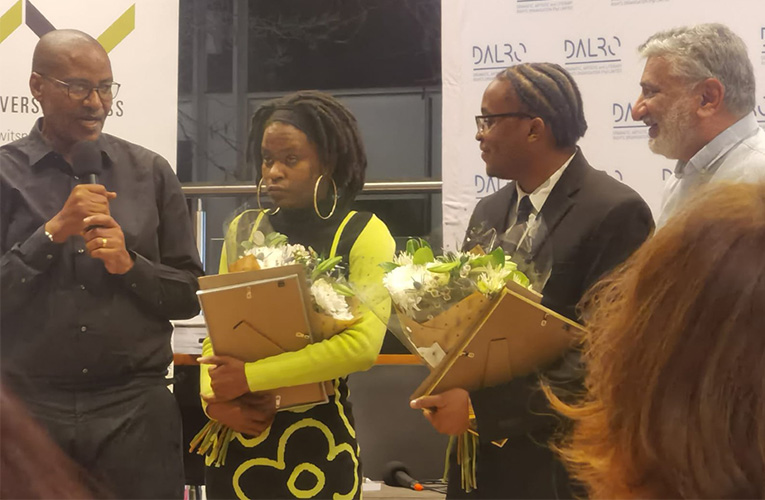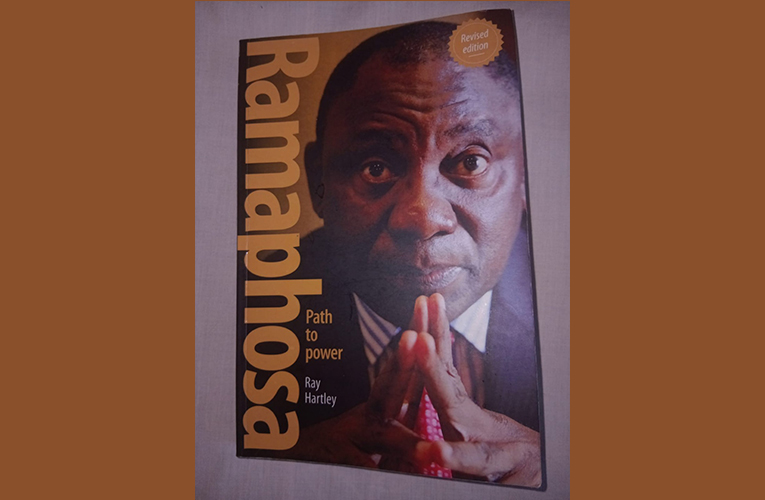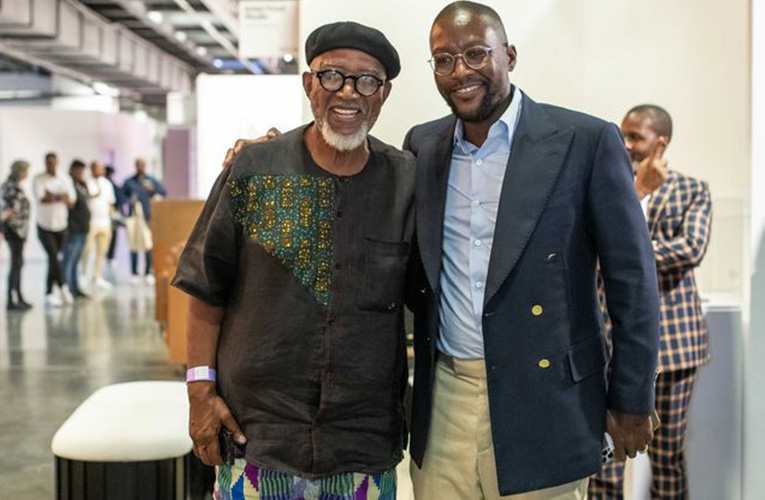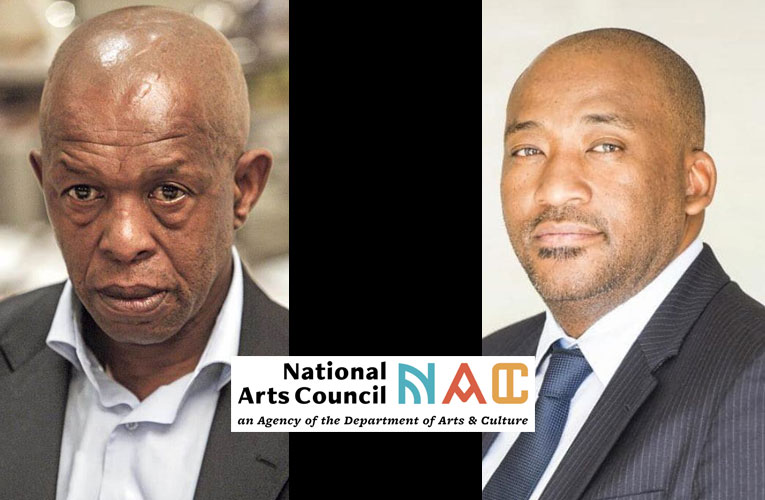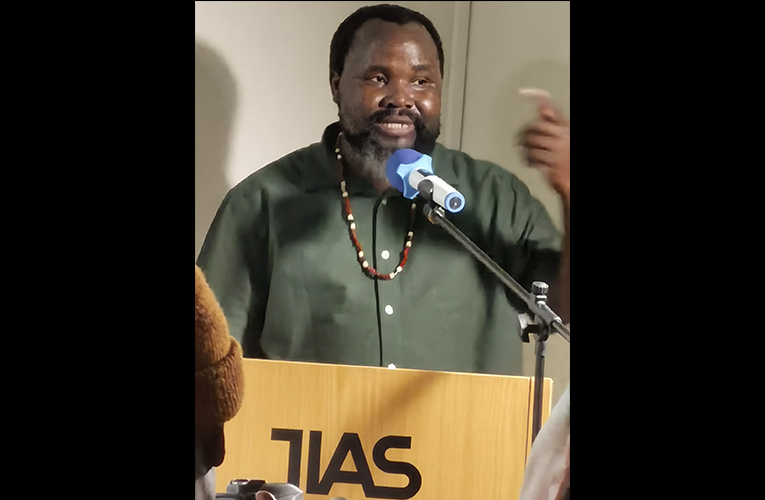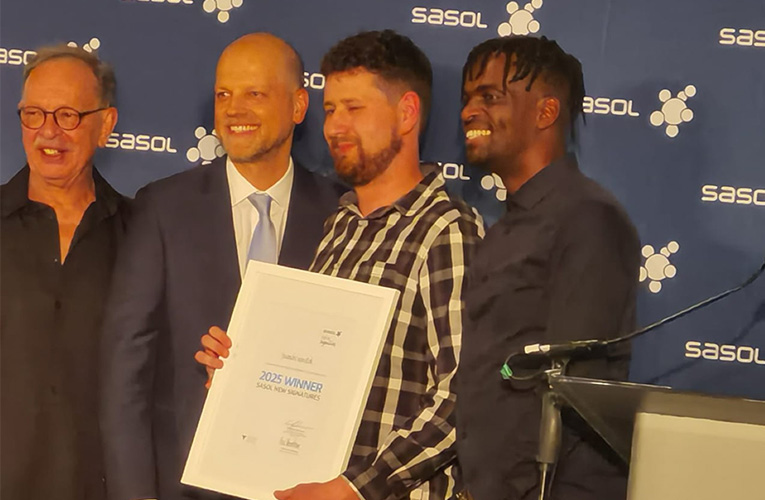South African Roadies Association approaches the courts filing a supplementary affidavit asking the court to declare current National Arts Council board irregularly appointed
Minister of Sport, Arts and Culture Gayton McKenzie and NAC are cited among respondents in addition to nine others.
By Edward Tsumele, CITYLIFE/ARTS Editor
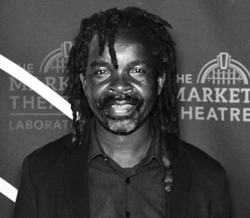
The South African Roadies Association (SARA), the Newtown, Johannesburg based Non-Profit Organisation which was set up to train the youth in live events and technical production skills is again taking the National Arts Council to court. SARA seeks the courts to declare that its current board, just like its predecessor is not properly constituted.
The latest action, has seen SARA on Monday, September 1, 2025, depose a supplementary Affidavit with the High Court (Gauteng Division) in Pretoria, arguing that the same procedure that it fingered in its earlier founding affidavit deposed with the same court in 2024, is in violation of the National Arts Council Act of 1997, when the new council board was appointed by the Minister of Sport, Arts and Culture Gayton McKenzie on 1 January 2025. The Acts sets out how the provincial representatives’ portion of the NAC must be appointed by the Minister of Sport, Arts and Culture. SARA therefore in its affidavit is arguing that the new NAC board was not appointed according to the law as a “public and transparent” process was not followed as required by the law when the minister appointed the provincial representatives to sit on the new NAC board
SARA in its supplementary Affidavit signed by its President Freddie Nyathela sets out its grounds for the court to consider the addition of the supplementary affidavit to the founding affidavit as follows:
“There are four aspects in which this affidavit supplements the founding affidavit, more particularly that some of the information or relevant factual evidence provided in this affidavit came to the attention of the Applicant after the replying affidavit in the main application had been delivered.
First, this supplementary affidavit confirms or further elaborates what is pleaded in the founding affidavit as regards failure to comply with section 4(2) of the National Arts Council Act as amended.
Second, the supplementary affidavit contains several documents which reveal further grounds of unlawful composition of the National Arts Council.
Third, because the founding affidavit was deposed to more than a year ago, certain information provided in that affidavit needs to be updated.
Fourth, the supplementary affidavit further elaborates the unlawful composition of the current National Arts Council, as regards failure to comply with section 4(6)(b) of the National Arts Council Act, as amended.”
And so, SARA argues in its supplementary affidavit, the new NAC board known as Council, is therefore not properly constituted, and therefore is asking the court to declare it illegal.
The affidavit seen by CITYLIFE/ARTS further reads: “I begin by emphasising the point that the National Arts Council is established by the National Arts Council, 1997 (Act No 56 of 1997, as amended by the Cultural Laws Amendment Act 2001) [Act No 36 of 2001] (“the Act”).
The National Arts Council is appointed by the Minister of Sports, Arts and
Culture in terms of the Act. Section 4(1) as amended by section 21(a) of the Cultural Laws Amendment Act, states that the Council shall consist of nine provincial representatives and no further than nine and no more than 18 other persons.
Although the founding affidavit reflects the Applicant’s disgruntlement with various issues of non-compliance with the Act, the substance of the application is an attack on the lack of public participation process in the election of the provincial representatives. In the founding affidavit, complaints about the substance of the public and transparent process, were raised for the purpose of indicating the nature of the issues at stake and thus the ambit of public participation that was required as contemplated in the Act.
In terms of section 4(2), no provincial representatives can be elected without a public and transparent process which shall be determined and overseen by the responsible member. In terms of section 22 of the Act, the Premier of every province shall designate a member of the executive council to perform any function entrusted to such member by or under this Act. The Premier of the province through a Member of the Executive Council, bears the onus to prove that the responsibility to facilitate and ensure that the public representatives of each province are elected by a public and transparent process. Public participation is a statutory obligation and strengthens the legitimacy of the Council in the eyes of the people.
The public involvement and transparent process must give the public a meaningful opportunity to influence the election of the public representatives and the public views must be taken into account.
Section 4(2) imposes an obligation on the responsible member to take positive steps to ensure that a public and transparent process is determined and that the public has an opportunity to exercise their right to election of the National Arts Council.
This case is about the significance of a public and transparent participation in the legitimate composition of the National Arts Council, for millions of South
Africans who for the most part live away from modern technology and advertisements placed on the national newspapers including the social media platforms.
The term of the previous Council including the provincial representatives came to an end on 31 December 2024.
The current National Arts Council was appointed by the Minister with effect from 1 January 2025. This Council was unlawfully appointed as it was appointed with no provincial representatives.
On 17 January 2025, the Minister purported to extend the term of the provincial representatives from the previous Council until the provinces submit new names of newly elected provincial representatives to the
Minister. According to the presentation by the Council to the Portfolio Committee on Sport, Arts and Culture dated 10 June 2025, the purpose of the extension was to ensure that the Council was properly constituted in terms of the Act, however, no reference was made to the provisions of the
Act, authorising or empowering the Minister to extend the terms of the provincial representatives at all, more particularly 17 days after the term of the previous Council came to an end. A copy of the attached presentation is attached hereto marked “SA1”. For these reasons it is self-evident that the appointment of the Council on 1 January 2025 and the extension of the terms of the previous provincial representatives were irregular and unlawful.”
The others respondents cited in SARA’s affidavit are the MECs for Sports, Arts and Recreation in the nine provinces of South Africa.
CITYLIFE/ARTS contacted Eugene Botha the Chairperson of the NAC Board and Minister McKenzie through his spokesperson for comment.
When and if we receive the comments, we will update the story accordingly.




